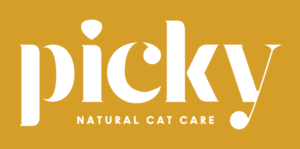




Mineral experts
We extract the ore from our own mines and process it in our 2 production plants, which are some of the most modern and energy-efficient in Europe.
We distribute our clays as tailor-made solutions for each of our customers' and consumers' needs.
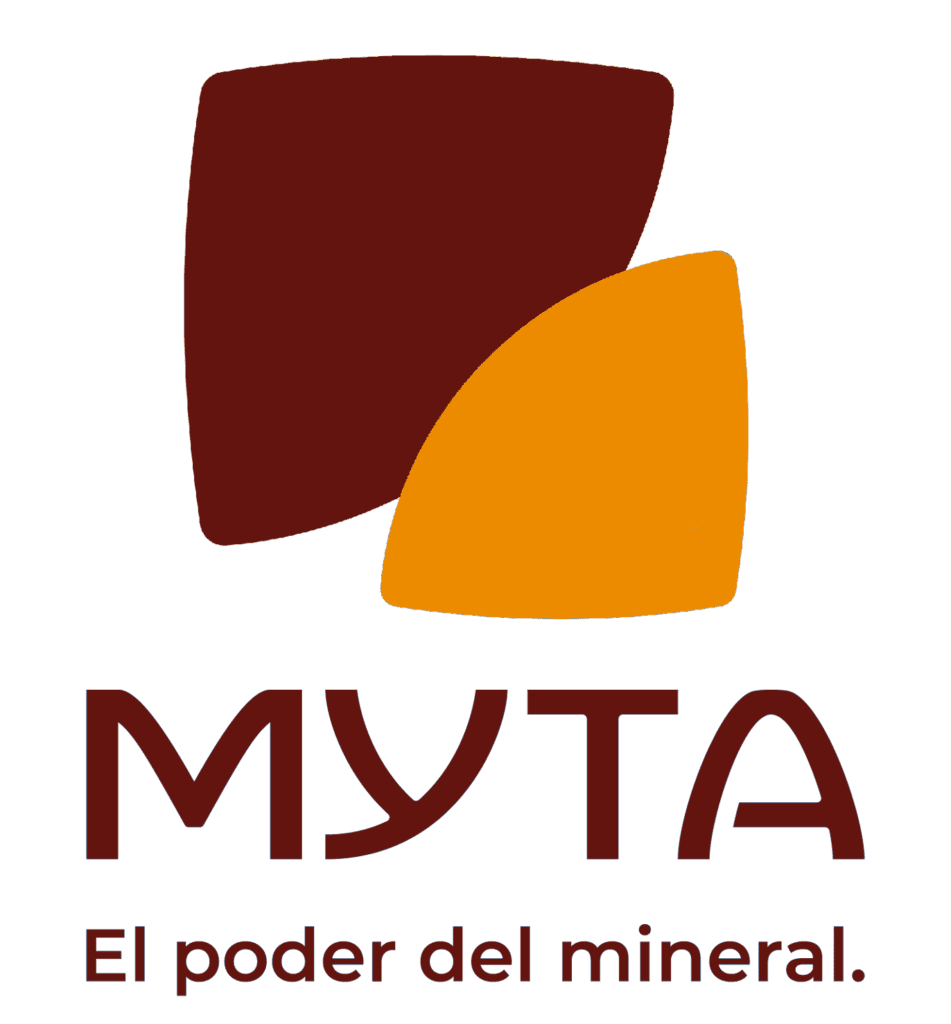
We belong to the SAMCA Group, a solid Aragonese industrial group. We are powered by the innovation that it promotes throughout its environment and by the constant research effort it develops.
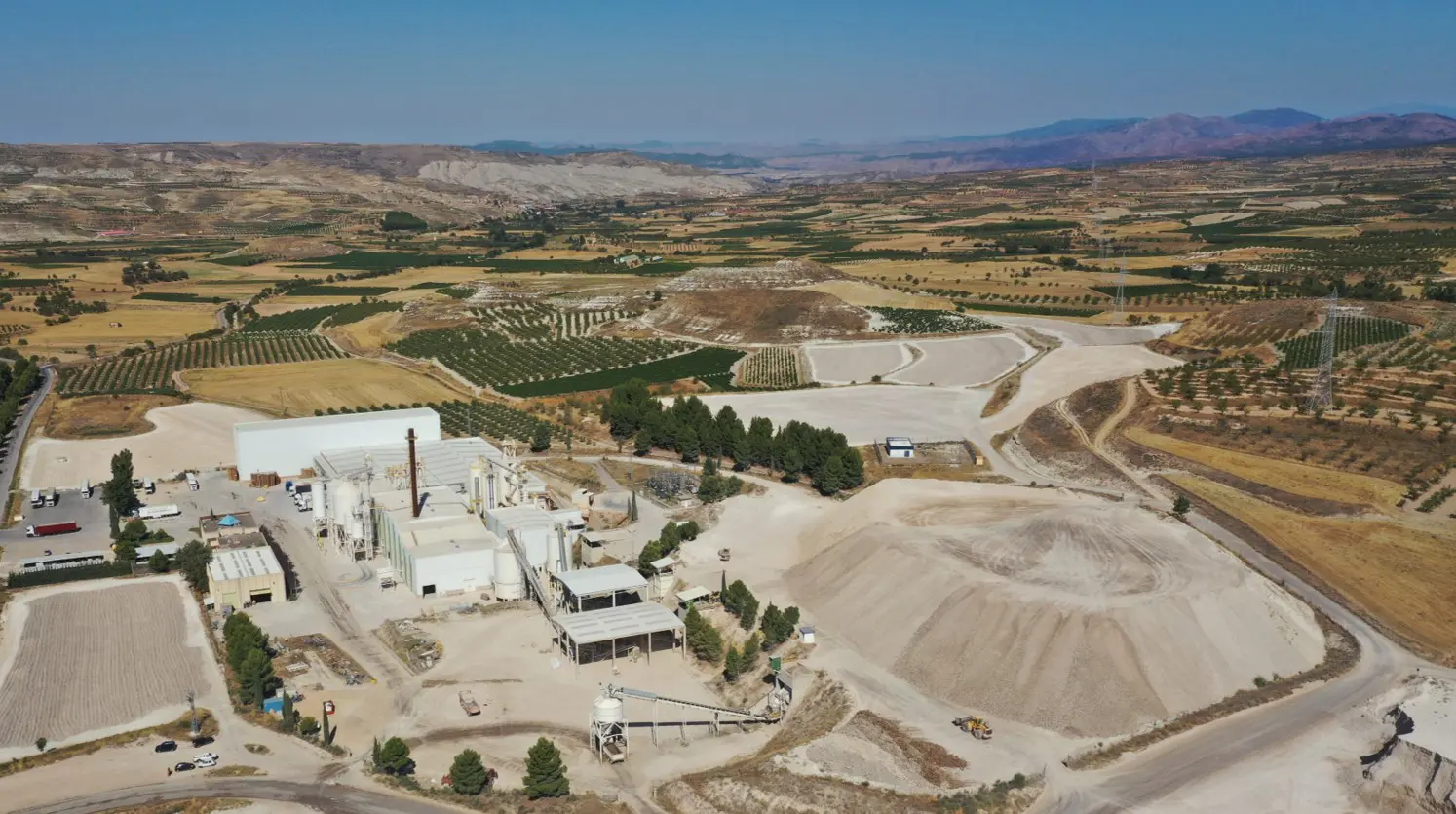

We belong to the SAMCA group
We belong to this industrial and mining group, headquartered in Zaragoza with more than 100 years of experience.
It focuses its efforts on the research and development of industrial minerals, plastic polymers, synthetic fibres, ceramics, the agri-food sector and nanotechnology.
Years of experience
Employees
Invoicing
Committed to offering the best product
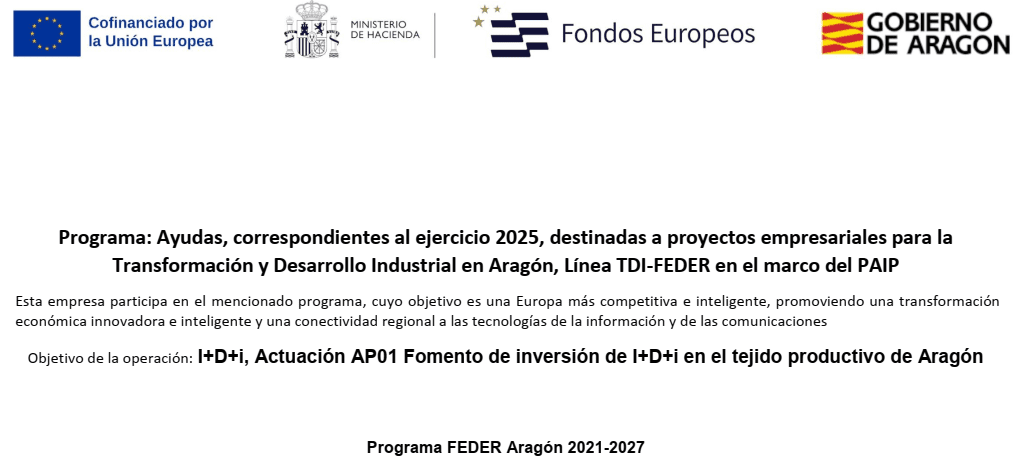
Programa FEDER Aragón 2021-2027
MYTA participa en el programa FEDER TDII (5ª fase) para la promoción de la transformación económica innovadora e inteligente, y una conectividad regional a las tecnologías de la información y de las comunicaciones. I+D+i, Actuación AP01 Fomento de inversión de I+D+i en el tedjido productivo de Aragón.
MYTA News

MYTA obtains the Sustainable Mining Management Certificate: A new step towards a responsible future
En MYTA, estamos emocionados de compartir una noticia que marca

Tips for good cat care this summer
Summer is synonymous with long, hot days and a long, hot summer.
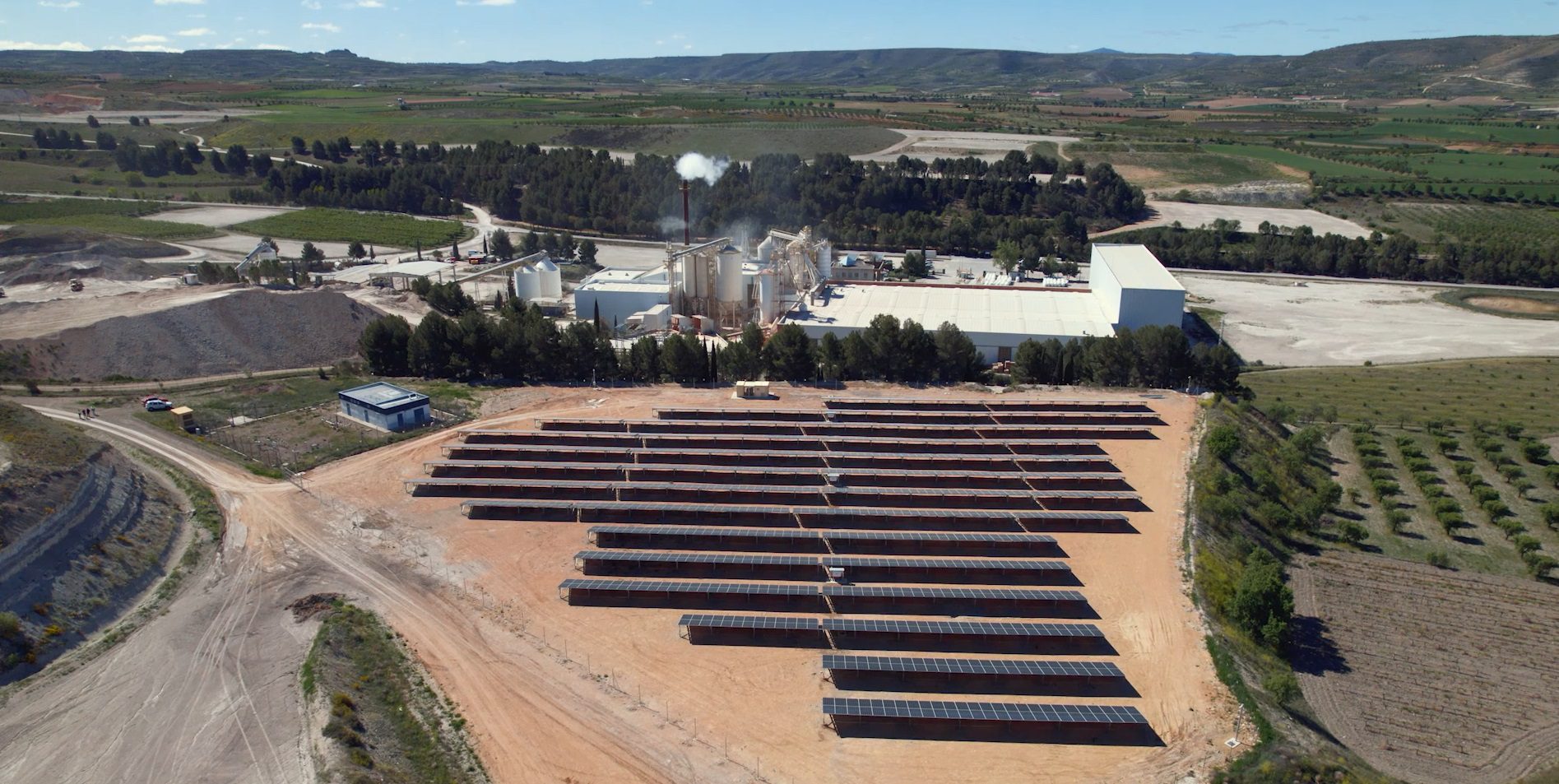
We are MYTA - The power of the mineral
At MYTA we pride ourselves on the values that are part of

